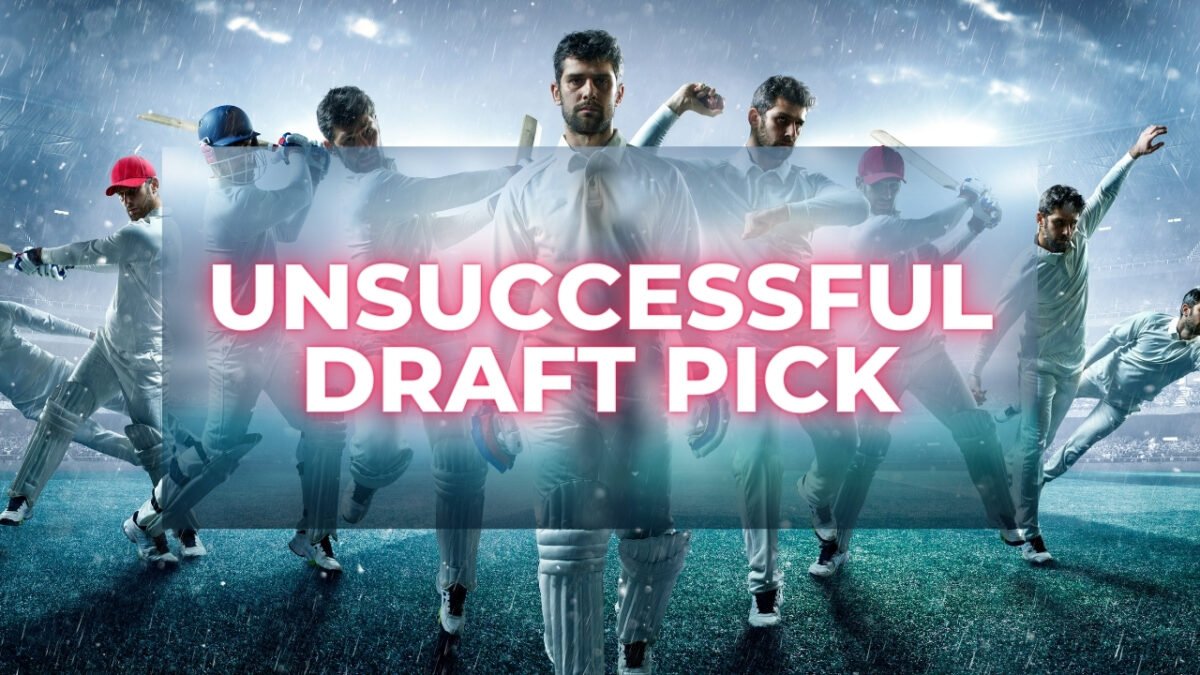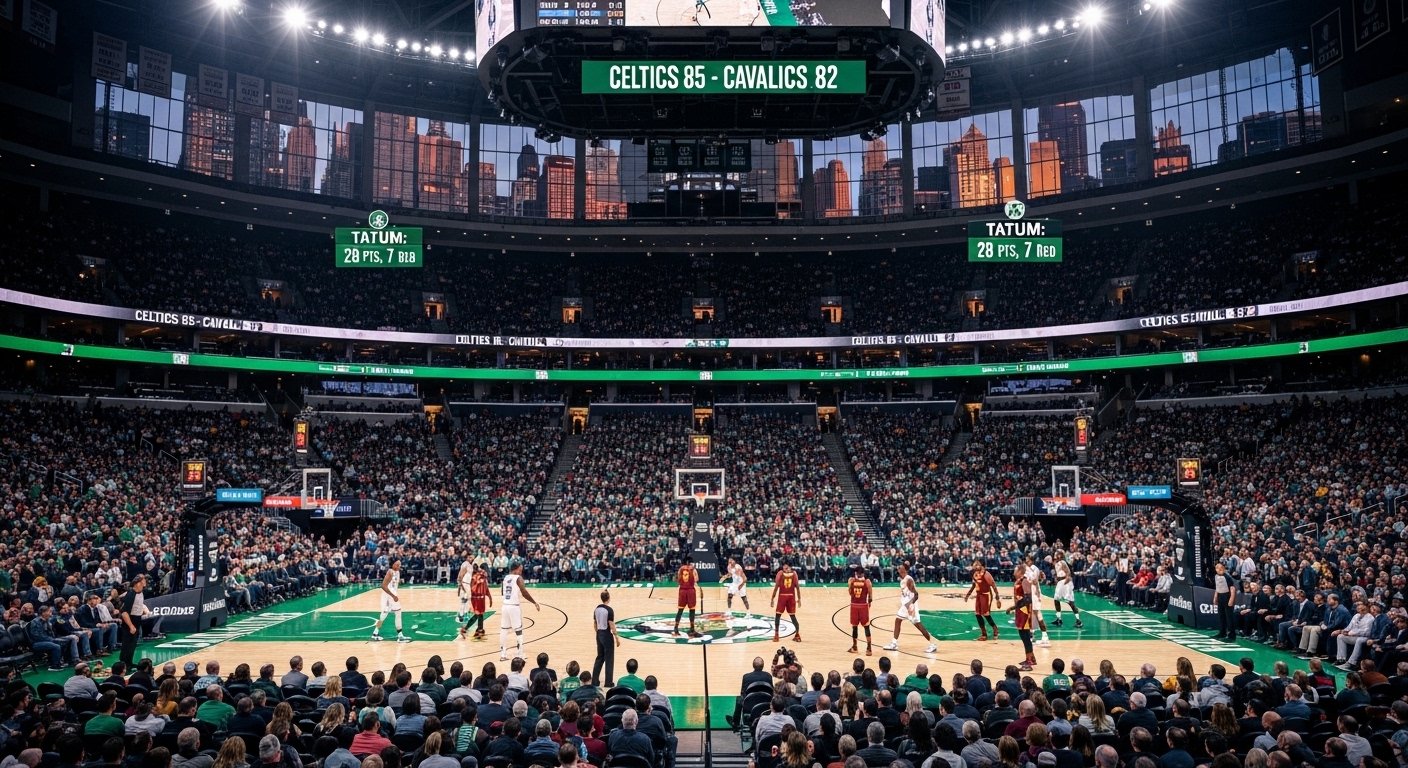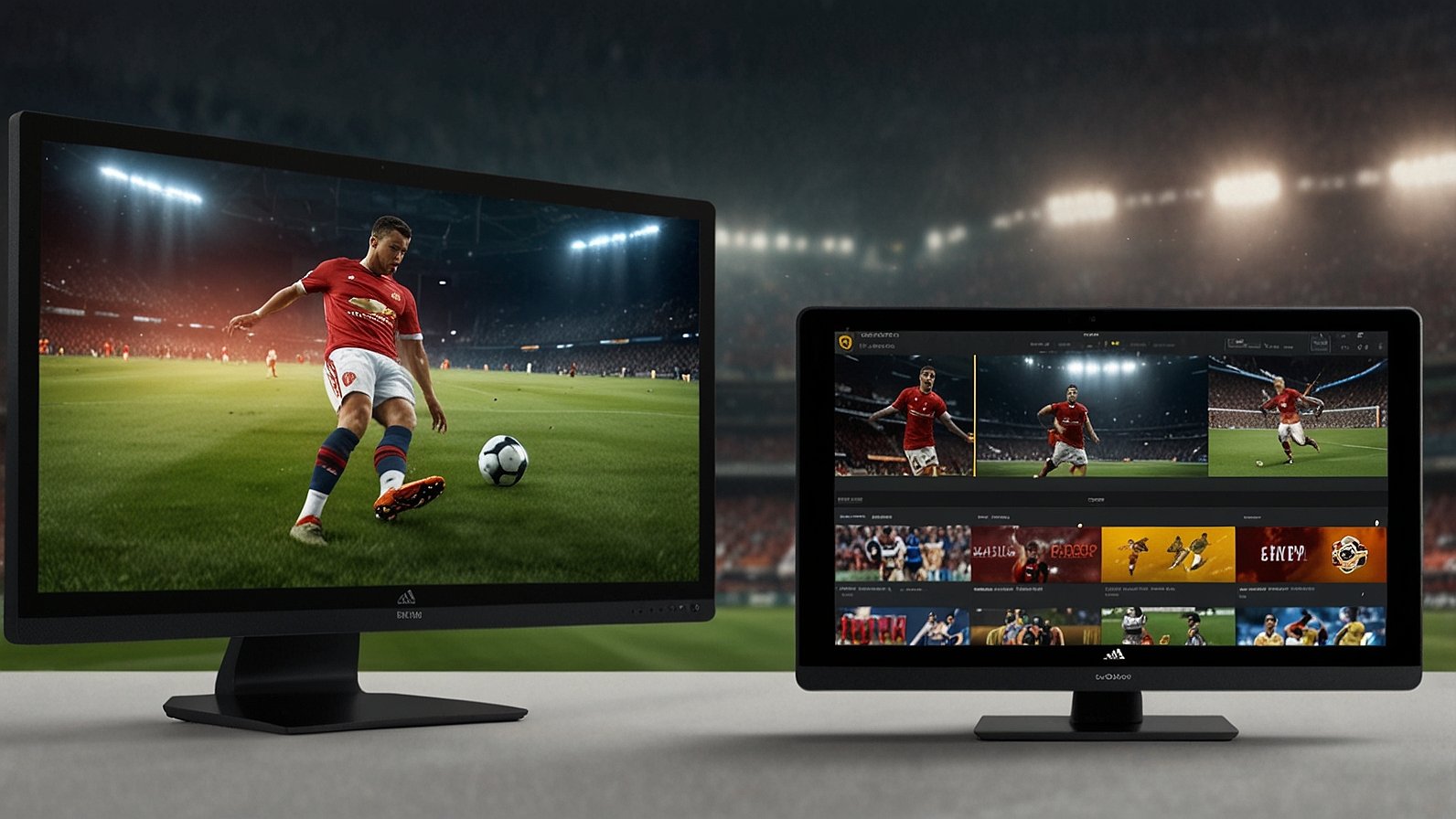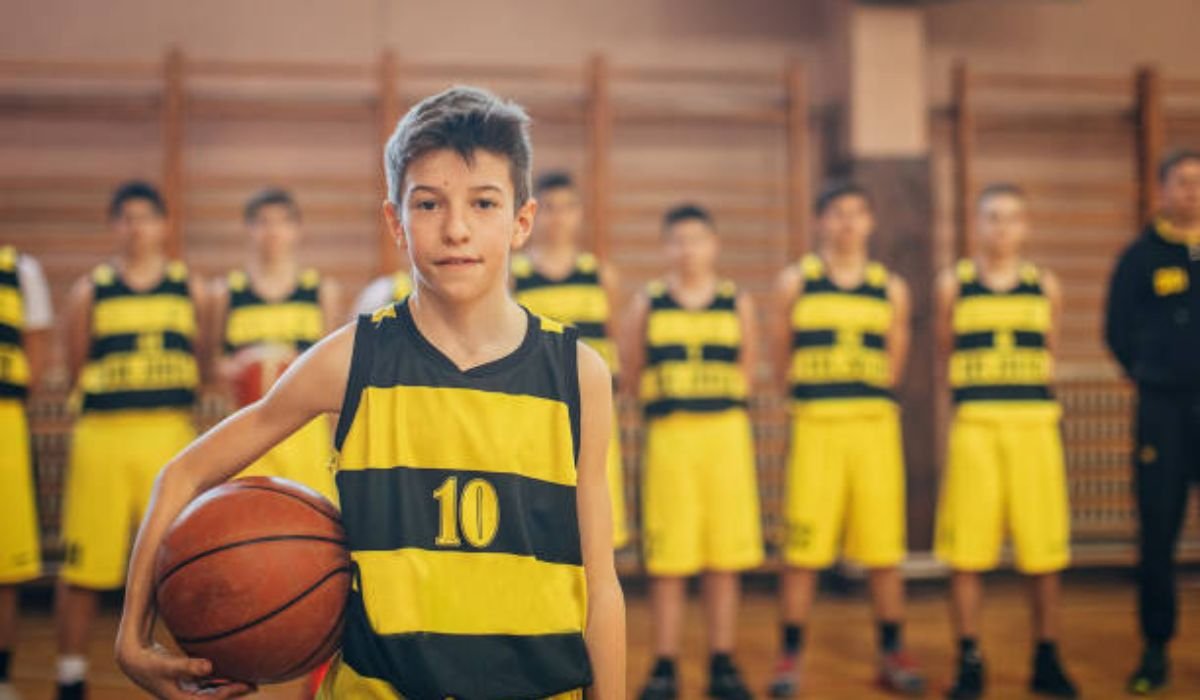Draft day is a pivotal moment for any sports team. It’s filled with anticipation, excitement, and the hope that the new recruits will become the future stars of the franchise. But what happens when these draft picks don’t pan out? Let’s explore the hidden costs of unsuccessful draft picks and their far-reaching implications for teams, players, and fans alike.
What is an Unsuccessful Draft Pick?
Understanding the Term
An “unsuccessful draft pick” refers to a player selected during a sports draft (such as the NFL, NBA, MLB, or NHL draft) who fails to meet the expectations set for them. This can happen for various reasons including poor performance, injuries, off-field issues, or errors in scouting and evaluation.
Why It Matters
The significance of unsuccessful draft picks varies by sport but generally impacts the team’s financial health, morale, and overall performance. Whether it’s an NFL team investing millions in a first-round pick or an NBA team banking on a new star to change their fortunes, the stakes are high.
Historical Examples of Unsuccessful Draft Picks
NFL’s Notable Unsuccessful Draft Picks
Ryan Leaf
Drafted second overall by the San Diego Chargers in 1998, Ryan Leaf was expected to be a franchise quarterback. However, his career was marred by poor performance and off-field issues, making him one of the biggest busts in NFL history.
JaMarcus Russell
Selected first overall by the Oakland Raiders in 2007, JaMarcus Russell showed promise but couldn’t translate his college success to the NFL. Issues with weight and work ethic led to his early exit from the league.
NBA’s Infamous Draft Busts
Kwame Brown
Chosen as the first overall pick by the Washington Wizards in 2001, Kwame Brown struggled to meet the high expectations placed upon him. Despite a long NBA career, he never became the star many anticipated.
Darko Milicic
Drafted second overall by the Detroit Pistons in 2003, Darko Milicic failed to live up to his potential. While other players in his draft class became superstars, Milicic’s career was largely disappointing.
MLB’s Disappointing Draft Selections
Mark Appel
Selected first overall by the Houston Astros in 2013, Mark Appel never reached the Major Leagues. Persistent injuries and performance issues kept him from fulfilling his potential.
Brien Taylor
Drafted first overall by the New York Yankees in 1991, Brien Taylor’s career was derailed by a shoulder injury. He never made it to the big leagues, becoming one of MLB’s most notable draft failures.
NHL’s Unfulfilled Promises
Alexandre Daigle
Chosen first overall by the Ottawa Senators in 1993, Alexandre Daigle was expected to be the next great NHL star. Despite a long career, he never reached the heights that were predicted for him.
Patrik Stefan
Drafted first overall by the Atlanta Thrashers in 1999, Patrik Stefan’s career was plagued by injuries and inconsistent play. He is often remembered for his infamous missed empty-net goal.
Causes of Unsuccessful Draft Picks
Performance Issues
Lack of Skill Development
Many players excel at the college or junior level but struggle to develop the skills necessary to succeed professionally. This can be due to a lack of proper coaching or the inability to adapt to the faster, more competitive professional environment.
Inability to Transition to Professional Level
The transition from amateur to professional sports is challenging. Some players find it difficult to adjust to the increased physical and mental demands, which hampers their performance.
Off-Field Issues
Personal Conduct
Poor personal conduct, including legal troubles and behavioral issues, can derail a player’s career. Teams invest significant resources in character evaluation, but some issues only become apparent after the draft.
Legal Troubles
Legal issues can lead to suspensions and tarnish a player’s reputation. This not only affects their career but also the team’s public image.
Injuries
Career-Ending Injuries
Injuries are an unfortunate reality in professional sports. Career-ending injuries can turn a promising draft pick into a costly mistake for teams.
Chronic Health Issues
Some players suffer from chronic health issues that limit their ability to perform consistently. These issues may not always be evident during the scouting process.
Scouting and Evaluation Errors
Overestimation of Potential
Scouts sometimes overestimate a player’s potential, leading to high expectations that the player cannot meet. This can result from a lack of comprehensive evaluation or an overreliance on certain metrics.
Inadequate Background Checks
Incomplete background checks can overlook red flags that could indicate future problems. Thorough evaluation processes are crucial to minimizing risks.
Impact on Teams and Players
Financial Implications
Cost of Signing Bonuses and Contracts
Teams invest significant money in signing bonuses and contracts for first-round picks. When these players don’t perform, it represents a substantial financial loss.
Lost Revenue from Underperformance
Underperforming draft picks can lead to lost revenue from ticket sales, merchandise, and sponsorships. Fans are less likely to support a losing team, impacting the bottom line.
Team Morale and Fan Base
Impact on Team Dynamics
Unsuccessful draft picks can disrupt team dynamics, leading to frustration among players and coaches. This can create a negative atmosphere within the organization.
Fan Disappointment and Backlash
Fans invest emotionally in their team’s draft picks. When those picks fail, it leads to disappointment and backlash, further straining the team’s relationship with its fan base.
Player’s Career Trajectory
Psychological Effects
The pressure to succeed can take a toll on a player’s mental health. Unsuccessful draft picks often face criticism and scrutiny, which can impact their confidence and performance.
Attempts at Career Revival
Some players attempt to revive their careers through trades, free agency, or playing in different leagues. While some succeed, many never regain their former potential.
Case Studies
In-Depth Analysis of Specific Cases
Ryan Leaf
Ryan Leaf is a classic case of unrealized potential. Despite his talent, his attitude and off-field issues led to a short, tumultuous career. His story serves as a cautionary tale about the importance of character evaluation.
Kwame Brown
Kwame Brown’s career highlights the challenges of transitioning from high school to the NBA. Despite his physical attributes, he struggled with the mental aspects of the game. His case underscores the need for comprehensive development programs.
Strategies to Avoid Unsuccessful Draft Picks
Improved Scouting Techniques
Advanced Analytics
Using advanced analytics can provide a more comprehensive evaluation of a player’s potential. Metrics such as player efficiency ratings and advanced statistics help teams make informed decisions.
Comprehensive Background Checks
Thorough background checks uncover any red flags that may indicate future issues. This includes evaluating a player’s character, work ethic, and off-field behavior.
Player Development Programs
Mentorship and Training
Implementing mentorship and training programs helps players transition smoothly to professional sports. Experienced players and coaches can provide invaluable guidance and support.
Support Systems for Personal Issues
Providing support systems for personal issues ensures that players have the resources they need to succeed. This includes access to mental health professionals, financial advisors, and life coaches.
Risk Management
Diversifying Draft Picks
Diversifying draft picks reduces the risk associated with relying on a single player. By spreading investments across multiple players, teams increase their chances of finding successful picks.
Contingency Planning
Developing contingency plans prepares teams for the possibility of unsuccessful draft picks. This includes having backup options and being prepared to make trades or sign free agents.
You May Also Like: Mound Visits Remaining MVR Baseball: Everything You Need to Know
Conclusion
Unsuccessful draft picks are an inevitable part of professional sports. While they can have significant financial, emotional, and performance-related impacts, understanding the causes and implementing strategies to mitigate risks can help teams make better decisions. For sports fans, team scouts, and sports analysts, staying informed about the dynamics of draft picks is crucial for navigating the complex world of professional sports.
For those interested in deepening their understanding of draft picks and sports strategies, consider signing up for a free trial with Jasper. Our platform offers expert insights and analysis to help you stay ahead in the game.
Frequently Asked Questions
What are the main reasons for unsuccessful draft picks in professional sports?
Unsuccessful draft picks can result from a variety of factors, including character and behavioural issues, career-ending injuries, chronic health problems, scouting and evaluation errors such as overestimation of potential, and inadequate background checks.
How do unsuccessful draft picks impact a team’s financial health?
Unsuccessful draft picks can have significant financial implications for a team. These include the cost of signing bonuses and contracts, as well as lost revenue from underperformance, which can affect ticket sales, merchandise, and sponsorships.
What are some notable examples of failed draft picks in sports?
Ryan Leaf and Kwame Brown are classic examples of failed draft picks. Leaf had a short, tumultuous career due to attitude and off-field issues, while Brown struggled with the mental aspects of transitioning from high school to the NBA.
How can teams minimize the risk of unsuccessful draft picks?
Teams can minimize risk by improving scouting techniques through advanced analytics and comprehensive background checks. Implementing player development programs and support systems, diversifying draft picks, and having contingency plans in place can also help mitigate risks.
What are the long-term effects on players who are unsuccessful draft picks?
For players, the long-term effects of being an unsuccessful draft pick can include psychological stress, damage to confidence and performance, and the need to revive their careers through trades, free agency, or playing in different leagues. While some manage to achieve success later, many do not regain their initial potential.











